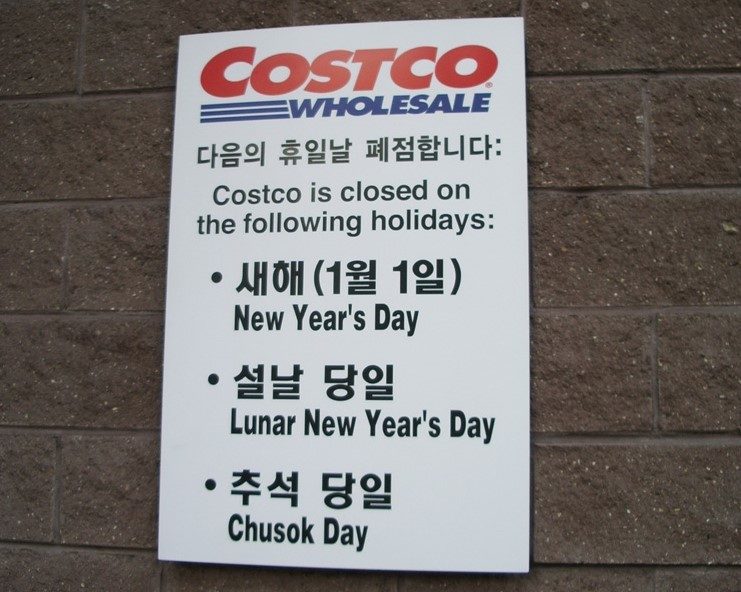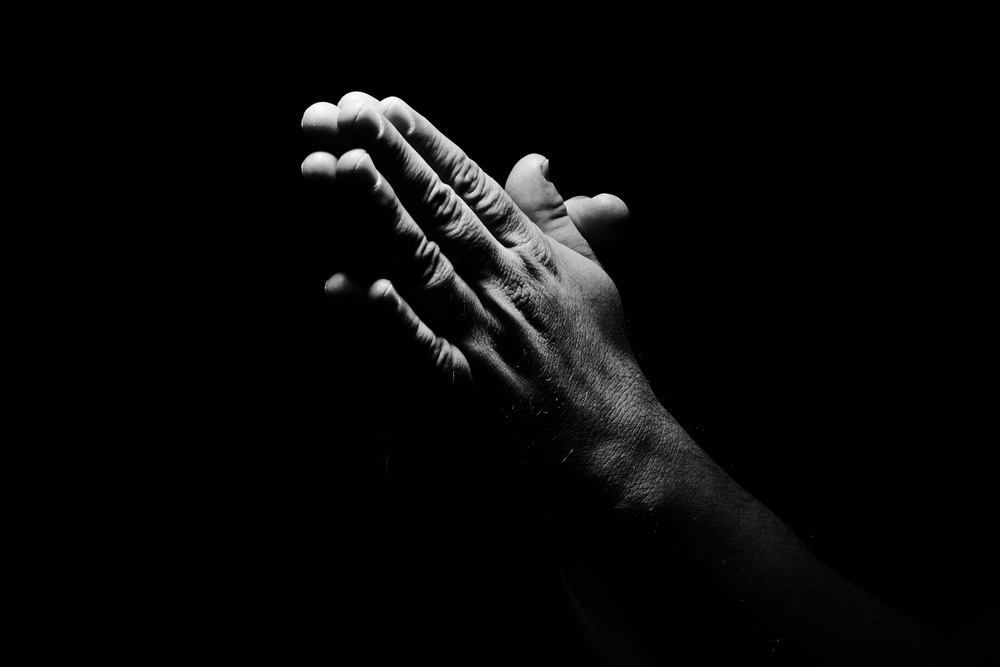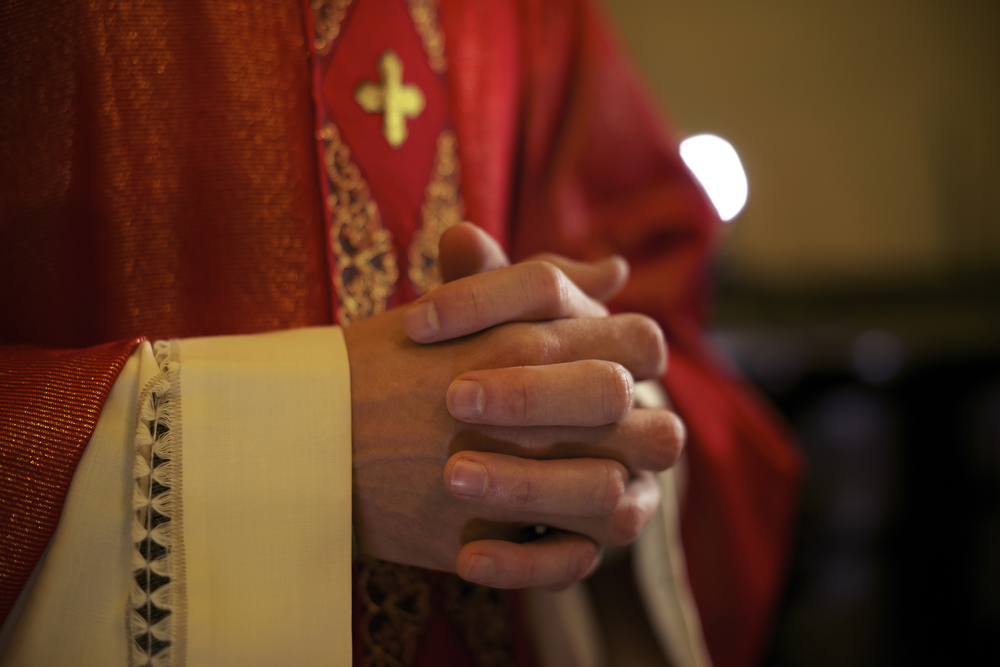State Neutrality and Public Holidays
Now that Christmas is over it is a good time to reflect on its role as an American public holiday and the role of public holidays more generally. Christmas, a holiday originating as a blend of pagan solstice festivals and a Christian celebration of Christ’s birth has become, in the United States at least, a fairly secular holiday. While claims of a War on Christmas are overblown, there certainly is a decline in religious association with the holiday. This should come as no surprise since the rate of religious participation in the United States has been declining for many years. According to Pew, among Millennials 44 percent consider Christmas more of a “cultural holiday.”
What is a “cultural holiday” and what differentiates them from ordinary holidays? According to Etymonline, the word “holiday” derives from Old English “haligdæg,” itself derived from the words “halig” and “dæg” meaning “holy” and “day” respectively. “Haligdæg” though came with the particular meaning of “holy day, consecrated day, religious anniversary; Sabbath” with the sense of “day of exemption from labor and recreation” only coming centuries later.
So, holidays originally were days of religious observance. People would stop working to engage in festivities and religious rituals. The ethics of celebrating these holidays is clear-cut. These holidays originate with the command of one’s god or gods, and the commands of the gods must be followed in obedience of the moral rule “one must obey the gods.” The moral imperative to observe so-called “cultural holidays” is less clear. Any good Christian celebrates Christmas but what justifies the celebration of Christmas for an atheist, whose ethics preclude obedience to the commands of supposed gods, or a Hindu, who worships other gods? Further still, what is the moral imperative for governments and corporations to observe these holidays and to thus give their employees a break from work at these times?
In a religiously homogeneous society, the justification for these bodies to collectively observe holidays is clear: if all their members must observe the holiday as per their shared deity’s commands, they will be unable to do anything else. But in a multicultural society, how do these bodies decide which religious holidays to observe and which to ignore? And, how do they decide what secular holidays to endorse, such as Martin Luther King Jr. Day or Columbus day? There are important consequences to these decisions. The observance of religious holidays by secular governments and corporations may create a public perception of those religions being endorsed or recognized as true, leading to increased marginalization of religious minorities. And, there may be tension between the observance of particular religious holidays by the federal government and the establishment clause of the 1st Amendment. In addition, every holiday provides benefits, in the form of free time, for people as well as costs, in the form of less economic productivity and potentially a lack of work-hours for those who need or want them.
In the United States, the government can only declare “federal holidays,” on which federal employees may not work. Unlike many other countries, there are no “national holidays” on which businesses are required to close. Thus, there end up being a vague list of “public holidays” on which many businesses will close, though many will not, and the observance of holidays is totally up to the discretion of the particular business. Furthermore, businesses may provide either paid or unpaid time off for employees on these holidays. There are ten federal holidays and six public holidays that are “universally embraced,” being endorsed by 90 percent of businesses and organizations. These are New Year’s Day, Memorial Day, Independence Day, Labor Day, Thanksgiving, and Christmas. Among these, only Christmas is an originally religious holiday. All the others are purely cultural holidays.
What would happen if suddenly Christmas was no longer a federal holiday and if businesses and organizations stopped recognizing it? For starters, many people would be very upset. According to Gallup, 93 percent of Americans celebrate Christmas and having to work on that day would certainly be annoying. However, there is no reason to think there would be mass protests or revolution; it is just a holiday after all. But, since it is so universally popular, people would try to make do. I see two ways people could do so: first, people could simply use their own paid vacation days on Christmas and/or Christmas Eve, and, second, people could observe Christmas on the weekend in years where it falls during the week, or whenever they have a regularly scheduled day off. However, there are problems with both of these approaches that may reveal just why people would be so upset if Christmas were to cease being a recognized holiday.
Americans do not get a lot of time off. Indeed, among other advanced economies, the United States is the only one which does not have a statutory minimum amount of paid time off. Legally, it would be possible for every working American outside of the federal government to work every weekday of the year. The United Kingdom guarantees 28 days of paid time off on top of nine national holidays; France has 25 days and eleven national holidays. Even our close neighbors Canada and Mexico beat us with 10 and 6 days guaranteed off and 9 and 7 national holidays, respectively. Few people could afford to use one of their precious few vacation days on Christmas, and many people do not even have paid time off that they could use to avoid working on Christmas. People’s rallying around these few public holidays has its source in this troubling lack of labor rights.
On the other hand, celebrating Christmas on a day other than December 25th would be an acknowledgment of the total secularization of the holiday. Those who complain about the supposed “War on Christmas” would have new ammunition. And, in reality, many people do consider Christmas a religious holiday. Those who would reject such moves to turn Christmas into a floating holiday like Thanksgiving would have to defend why only Christmas gets to be designated a public holiday, and thus why only Christianity gets a public holiday. Those who presently work on Eid or Diwali or Yom Kippur while devoutly following the corresponding non-Christian religion would have to be given good reason why only Christians get to have a holiday that does not count against their total paid time off.
The consideration of the idea that governments and businesses must observe Christmas thus reveals a number of problems including the limited labor rights in the United States and the problems of recognizing only one religion’s holidays. While any individual certainly has the right to celebrate whatever holidays he wishes in his free time, and no government or corporation tries to prevent this, there are a number of moral problems with the public endorsement of holidays. Holidays allow businesses to pacify their employees without guaranteeing them as much paid time off as do businesses in other nations. And, the fact that only certain religious holidays are publicly endorsed shows how Christianity-centric American society is, callous to those who follow Islam, Judaism, Hinduism, and other religions with holidays of their own.
Everyone likes to be able to stay home and get paid to do so. Few would complain to get paid time off on every religious holiday that exists. But as such a world would probably have no working days at all, it is hardly realistic. So long as there exist public holidays such as Christmas which preference one religion over all others in a society as multicultural as the United States there will be unjust inequity. So long as American workers depend on whatever holidays they can get just to have any paid time off, there will be oppression and control of people by corporations. People like Christmas; they would be a lot more miserable if they had to work on December 25th. But, it is important to consider why people depend so much on having holidays off and how people following other religions are left behind when only Christmas is such a widely endorsed religious public holiday.





